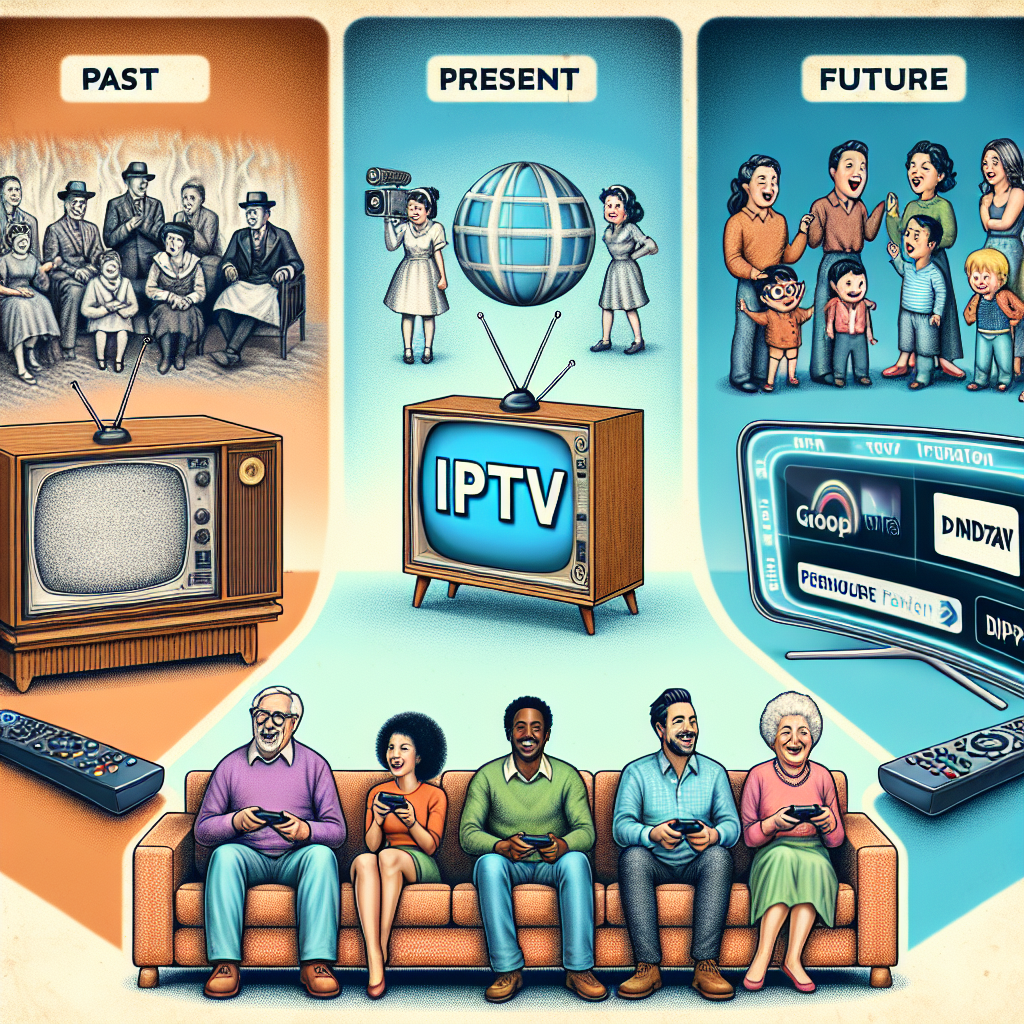Your cart is currently empty!
The Evolution of IPTV: From Early Adopters to Mainstream Viewers

Over the past few decades, the way we consume television content has undergone a significant transformation. One of the key drivers of this change has been the evolution of Internet Protocol Television (IPTV), which has gone from being a niche technology for early adopters to a mainstream form of entertainment for millions of viewers around the world.
IPTV first emerged in the late 1990s as a way for telecommunications companies to deliver television programming over their broadband networks. At the time, the technology was still in its infancy and faced numerous challenges, including limited bandwidth and the high cost of implementation. As a result, IPTV was initially only available to a small number of tech-savvy consumers who were willing to invest in the necessary equipment and services.
However, as broadband infrastructure improved and the cost of IPTV services decreased, the technology began to gain traction among a wider audience. By the early 2000s, IPTV had become a viable alternative to traditional cable and satellite television, offering viewers a greater choice of channels and on-demand content at a lower price point.
One of the key advantages of IPTV is its ability to deliver high-quality video and audio over the internet, making it an attractive option for viewers who want to watch their favorite shows on multiple devices, such as smartphones, tablets, and smart TVs. Additionally, IPTV providers have started to offer advanced features like time-shifting, catch-up TV, and interactive services, further enhancing the viewing experience for consumers.
Today, IPTV has become a mainstream form of entertainment, with millions of viewers around the world using the technology to access a wide range of television content. In fact, some industry experts predict that IPTV will eventually overtake traditional cable and satellite TV as the primary method of delivering television programming to consumers.
As the popularity of IPTV continues to grow, so too will the range of services and features available to viewers. From live sports and news to movies and TV shows, IPTV offers a diverse array of content that caters to a wide range of interests and preferences. With the rise of streaming services like Netflix, Hulu, and Amazon Prime Video, IPTV is also becoming an increasingly important distribution channel for content creators and producers.
In conclusion, the evolution of IPTV from a niche technology for early adopters to a mainstream form of entertainment for millions of viewers is a testament to the power of innovation and the adaptability of the media industry. As technology continues to advance and consumer preferences evolve, IPTV is likely to play an even greater role in shaping the future of television viewing. Whether you’re a casual viewer or a die-hard fan, IPTV offers a world of possibilities for discovering and enjoying the best in television content.

Leave a Reply